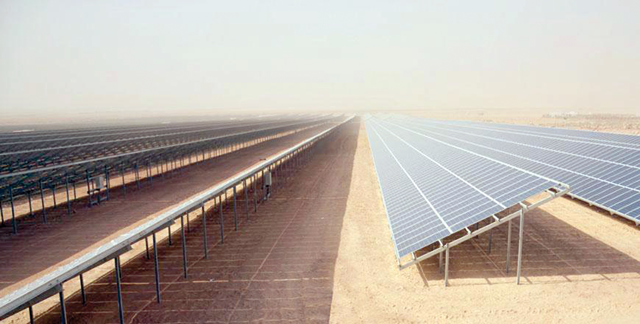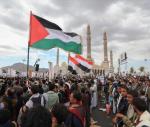You are here
Israeli violations ‘threaten religious war’ — Judeh
By JT - Oct 02,2015 - Last updated at Oct 02,2015
AMMAN — Deputy Prime Minister Nasser Judeh on Wednesday said the conflict in the region, known as the Arab Spring, is the result of "the accumulated deprivation in many of the region's countries".
The foreign minister made his remarks during a UN Security Council session on resolving conflict and combating terrorism in the Middle East and North Africa, the Jordan News Agency, Petra, reported.
The recurrent Israeli violations, especially at Al Aqsa Mosque, “carries the threat of igniting a religious war”, the deputy prime minister said, urging Israel to stop its aggression immediately and respect the holy sites that are under the custodianship of His Majesty King Abdullah.
The first seed of privation was depriving the Palestinian people, over seven decades, of their right to achieve their national and historic ambition of establishing an independent state on their national soil, Judeh said.
Judeh added that the only way to resolve the matter is through a two-state solution, establishing an independent Palestinian state with East Jerusalem as its capital on the June 4, 1967 borders.
Restoring regional security and stability and resolving conflicts require comprehensive political solutions that address the root causes of these conflicts, Judeh said, stressing that the absence of a political solution to the six-year Syrian crisis contributes to fuelling instability and extremism.
During the session, he pointed out that the lack of inclusive policies in Iraq helped the terrorist group Daesh spread.
On Libya, Judeh said the transition into a modern state is being threatened by Daesh and extremists, while regarding Yemen, he stressed the need to resort to the political solutions the Yemeni rivals have previously agreed to.
Judeh said Jordan utterly rejects the discourse that promotes sectarian, chiefly Sunni-Shiite, strife, Petra reported.
With the influx of Syrian refugees to neighbouring countries and outside the region, the humanitarian consequences of this crisis cannot be contained within the region, Judeh said, reasserting that a political solution is needed to end the crisis in Syria.
Related Articles
AMMAN — The Islamic Action Front (IAF) on Saturday expressed concern over recent decisions by the Independent Election Commission (IEC), whi
AMMAN — Stakeholders are calling for the cancellation of a recent government decision to impose fees on renewable energy users, representati
AMMAN — The Jordan Teachers Association reported on Monday that a student’s father allegedly pointed a gun, that was in his possession, in f
















